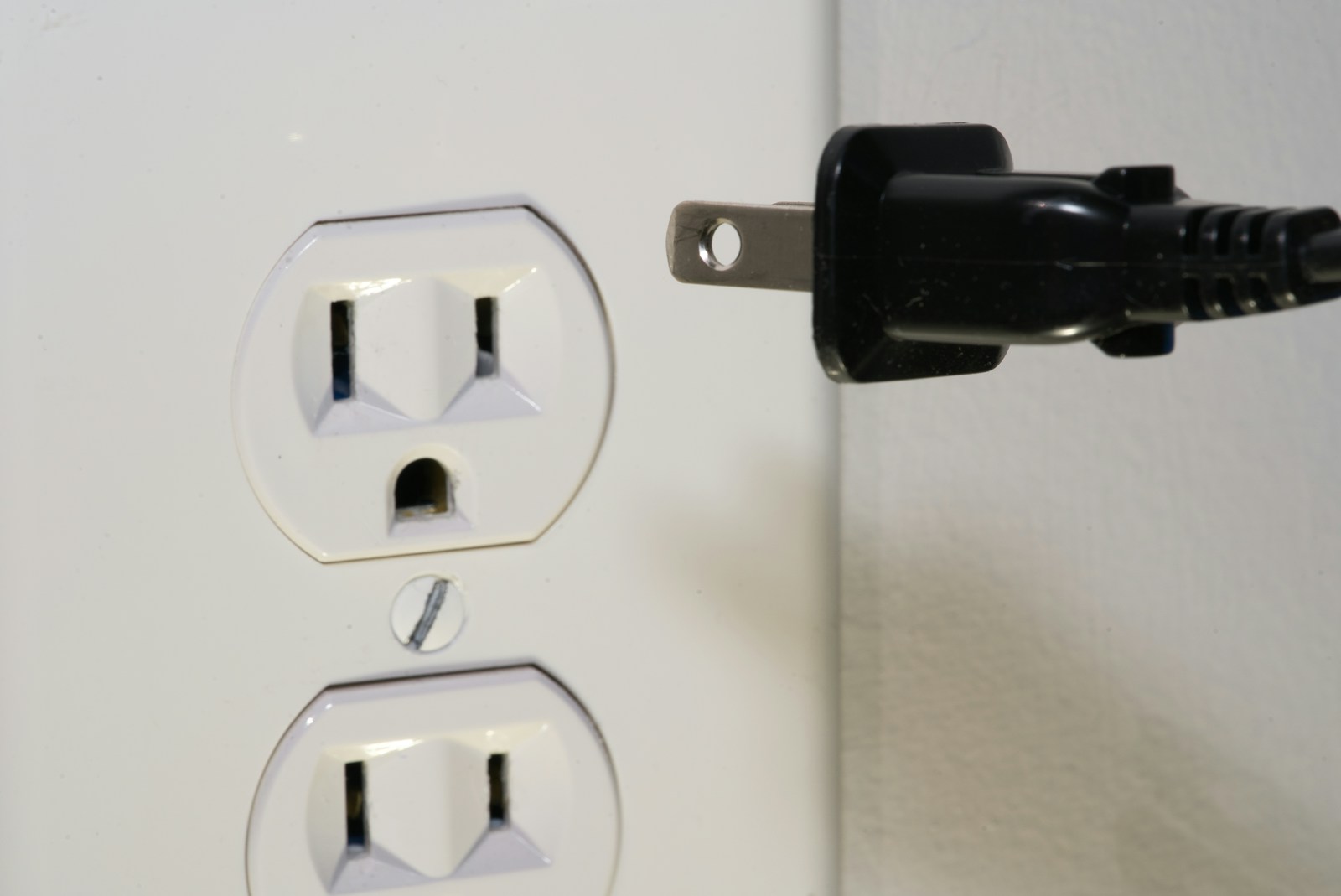Leaving cords plugged in, even when devices are not in use, is a common habit in many households and workplaces. While it may seem harmless, there are several important reasons why unplugging cords when they’re not needed is a safer and more responsible choice. These reasons include energy conservation, fire prevention, cost savings, and extending the lifespan of devices. For more electrical tips call this electrician salt lake Utah.
1. Energy Conservation
Many electronic devices consume electricity even when they are turned off but still plugged in. This phenomenon is called “phantom” or “standby” power. Examples include phone chargers, televisions, microwaves, and computers. Although each device may use only a small amount of electricity in standby mode, the total usage can add up significantly over time. By unplugging cords, individuals can reduce unnecessary energy consumption and help protect the environment by lowering their carbon footprint.
2. Fire Hazard Prevention
Leaving cords plugged in, especially damaged or old ones, increases the risk of electrical fires. Cords can overheat, fray, or spark, particularly if they are under pressure, twisted, or near flammable materials. In addition, power strips and overloaded outlets are common causes of residential fires. Unplugging cords when not in use minimizes this risk and helps ensure a safer environment for people, pets, and property.
3. Cost Savings
Even small amounts of electricity used by idle appliances can increase electricity bills over time. For example, a charger left plugged in 24/7 may cost just a few cents per month, but multiply that by the number of unused devices in a home, and the cost can be more noticeable. By unplugging cords, families and businesses can reduce their electricity bills without sacrificing convenience.
4. Preserving Device Longevity
Constant exposure to electricity can wear down chargers, cords, and internal components of devices. Heat and electrical surges from remaining plugged in can slowly degrade the materials and functionality of both the cords and the devices they power. Unplugging helps extend the lifespan of these items and reduces the need for replacements, which also helps reduce electronic waste.
While it may take a little extra effort, unplugging cords when they are not in use is a simple and effective way to save energy, improve safety, reduce expenses, and protect valuable electronics. Developing this habit can make a meaningful difference for both individual households and the environment as a whole. It’s a small step that carries big benefits.



